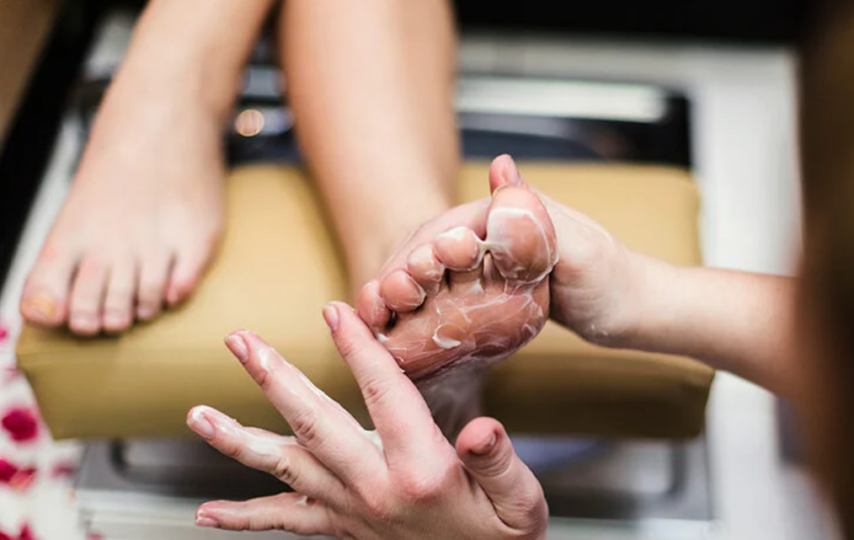Corns on the feet can be painful and bothersome, affecting your daily activities and overall well-being. Fortunately, you can keep corn at bay with the proper knowledge and preventive measures.
In this guide, we will explore practical tips, preventive strategies, and in-depth insights into the causes of corn. By following these recommendations and using good Foot care products, you can effectively avoid corn and maintain healthy, happy feet.
Understanding Corns
To effectively prevent corn, it is crucial to understand what they are and how they form thoroughly. Corns are areas of thickened skin that develop due to excessive pressure or friction on specific feet areas.
They typically form on the feet’ toes, soles, or sides. Corns can be categorized as hard or soft, depending on their texture and location.
Wear Comfortable Footwear
One of the primary factors contributing to corn development is wearing ill-fitting or uncomfortable footwear. Choosing shoes that provide ample space for your toes to move freely to prevent corn and not squeezing or rubbing against your feet is essential.
Look for shoes with cushioned insoles and good arch support to distribute pressure evenly. Avoid high heels or shoes with narrow toe boxes, as they can increase pressure on specific foot areas.
Choose Socks Wisely
The type of socks you wear can significantly impact the formation of corn. Opt for moisture-wicking socks that reduce friction and keep your feet dry.
Moisture-wicking materials like cotton or moisture-wicking blends help prevent excessive sweating, reducing the likelihood of corn. Avoid socks with thick seams or rough fabric, as they can cause irritation and lead to corn development.
Maintain Proper Foot Hygiene
Maintaining good foot hygiene is crucial in preventing corn. Regularly wash and dry your feet, paying particular attention to the corns-prone areas.
Use a pumice stone or foot file to gently exfoliate any rough patches, promoting smoother skin and reducing the risk of corn formation. Be sure to dry your feet thoroughly, especially between the toes, as moisture can contribute to the development of corn.
Apply Protective Padding
Protective padding can benefit individuals more susceptible to corn, such as those with certain foot deformities or conditions. These pads or cushions are a barrier between the affected area and footwear, reducing friction and pressure.
You can find various protective paddings, such as corn pads or gel cushions, which provide additional comfort and prevent corn formation.
Regularly Moisturize Your Feet
Dry and cracked skin is more prone to corn formation. Regularly moisturize your feet with a high-quality foot cream or lotion to keep the skin soft and supple.
Moisturizing helps prevent friction and reduces the likelihood of corn developing. Focus on applying moisturizer to the entire foot, paying particular attention to dry areas and areas prone to corn.
Seek Professional Assistance
Consulting a podiatrist is advisable if you have underlying foot conditions, such as bunions or hammertoes. A podiatrist can provide tailored advice and treatment options to address these conditions, reducing the likelihood of corns forming. They may recommend orthotic devices or footwear modifications to alleviate pressure and prevent corn development.
Assess Your Walking and Standing Habits
Sometimes, the way we walk or stand can contribute to corn formation. Take note of your gait and posture, as an improper alignment or excessive pressure on specific feet areas can lead to corns.
Consider consulting a podiatrist or physical therapist who can assess your walking patterns and provide guidance on proper alignment and weight distribution.
Conclusion
Preventing corn on your feet requires a comprehensive approach encompassing proper foot care, suitable footwear, and understanding the causes behind their development. Remember, taking care of your feet is an investment in your overall well-being, so prioritize foot health and keep corn at bay.








